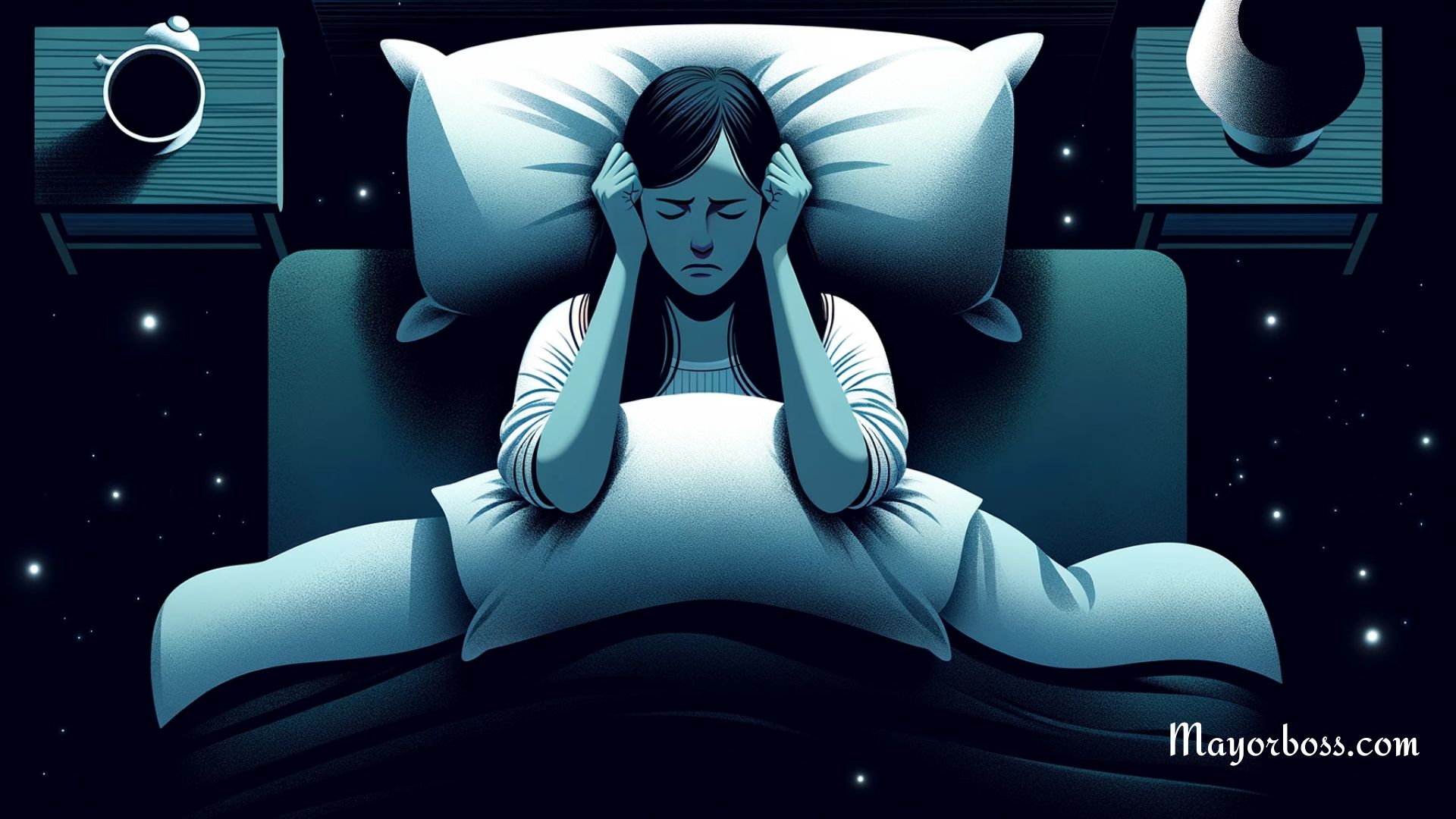Why Do You Forget Your Dreams After Waking Up?
Ever wonder why you can’t remember your dreams the moment you wake up? You’re not alone. Forgetfulness of dreams is a common phenomenon. Factors like the sleep cycle, stress, and even how you wake up can all play a role in this.

Your Brain Is Busy During Sleep
Believe it or not, your brain is incredibly active while you’re snoozing. During sleep, you cycle through various stages, including REM (Rapid Eye Movement) sleep, which is when most dreaming occurs. However, because your brain is focused on many tasks like repairing cells and storing information, the dreams often get lost in the shuffle.
Sleep Cycle: REM and NREM
Dreams predominantly happen in the REM stage of sleep. On the other hand, NREM (Non-Rapid Eye Movement) sleep is less conducive to dreaming. As your night progresses, you alternate between these two types of sleep. Most of the time, waking up during NREM stages makes it even harder to recall dreams.
The Stress Factor
Stress can interfere with your ability to remember dreams. When you’re stressed, your body releases hormones that can disrupt your sleep cycle. Consequently, you may wake up without a trace of dream recall.
Anxiety and Dream Recall
Moreover, anxiety can have a similar effect. If you’re anxious before going to bed, you may experience restless sleep. As a result, your brain might not prioritize dream storage, making those vivid dreams slip away even more easily.
How You Wake Up Matters
The way you wake up has a significant impact on dream recall. If you wake up naturally, without the jarring sound of an alarm, you’re more likely to remember your dreams.
Sudden vs. Gradual Awakening
A sudden alarm can shock your system, disrupting the flow of thoughts and dreams. In contrast, a gradual awakening allows your brain to transition more smoothly, enhancing your ability to recall those mystical night visions.
Chemical Influence: Neurotransmitters at Play
Certain neurotransmitters, such as serotonin and norepinephrine, influence your capacity to remember dreams. During sleep, the levels of these neurotransmitters are lower than when you’re awake. This imbalance often contributes to forgetting dreams upon waking up.
Role of Medication
Some medications can also influence neurotransmitter levels. For instance, antidepressants that alter serotonin levels may affect your ability to remember dreams. Therefore, if you’re on medication, you might notice changes in dream recall.
Short-Term vs. Long-Term Memory
Dreams are typically stored in short-term memory. Without a conscious effort to remember them, these fleeting images often don’t make it to long-term memory storage. That’s why you can recall a dream right after waking up, but as the day progresses, the details become fuzzy.
Tips for Better Dream Recall
Want to remember your dreams more vividly? Try keeping a dream journal next to your bed. Writing down your dreams immediately after waking up can help transfer them from short-term to long-term memory.
Conclusion
So, why do you forget your dreams after waking up? It’s a mix of brain activity during sleep, stress levels, waking conditions, and even the chemicals in your brain. While you may not be able to remember every detail, a few adjustments to your sleep routine could make all the difference.
Further Reading: Dreams: What Are They and Why Do We Have Them?






